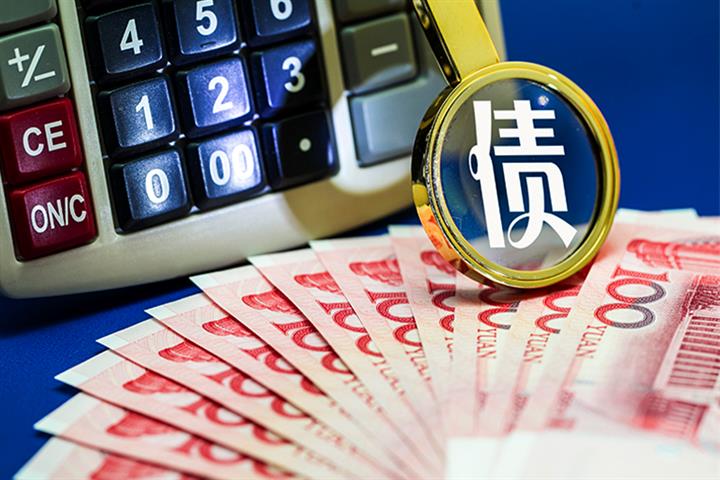 Credit Fundamentals, Tougher Draft Rules Spur China Bond Rating Downgrades
Credit Fundamentals, Tougher Draft Rules Spur China Bond Rating Downgrades(Yicai Global) Aug. 9 -- The number of Chinese firms that have had their bond issuer rating downgraded reached 94 on Aug. 8, more than double the figure a year ago, according to data compiled by Yicai Global, as more bond defaults prompted regulators to step up oversight.
“The downgrades were more pronounced this year than in previous years,” a source in China’s ratings sector told Yicai Global. “There have been a lot of downgrades in ratings of both bonds and issuers, and it seems that downgrades have become the norm in the market.”
Among the firms affected this year, 57 percent had a higher rating, including AAA, AA+ or AA, according to a recent research note from Guosen Securities. AA-rated firms made up 29 percent, the brokerage said.
Private businesses and other firms accounted for 56 percent of those downgraded, followed by local state-owned enterprises at 40 percent and central enterprises at 4 percent. The share of local SoEs was up from three years ago, while the proportion of private businesses and other entities has declined.
“Ultimately, these downgrades are largely driven by corporate credit fundamentals,” a ratings director at a credit agency told Yicai Global. “For example, adverse signals emerge in market or business, which is worrying for investors.”
The defaults of two large SoEs last year, Brilliance Auto Group and Yongcheng Coal & Electricity Holdings Group, shocked China’s corporate bond market. The two firms were rated at AAA before the defaults, and the ratings remained unchanged when the defaults happened. This caused investors to question the quality of the ratings.
“This round of issuer and debt rating downgrades is also related to the introduction of new regulatory policies,” a fixed-income analyst at a brokerage told Yicai Global.
The People’s Bank of China, the country’s central bank, other financial watchdogs, the Ministry of Finance, and the National Development and Reform Commission issued a policy draft in March, wherein they put forward detailed regulatory measures for the credit rating industry. This has also had a great impact on the sector.
The draft requires credit rating agencies to strengthen the development of a system of rating methodologies and improve the quality of ratings. It will be enforced sometime around late next year or early 2023 after an 18-month transition.
“The big rating agencies have been adjusting their businesses since the introduction of the draft,” the ratings director said, adding that ratings changes are especially frequent between June and July.
Those months are usually the seasonal peaks for rating changes in China, Citic Securities said in a research note. So the rate of downgrades is expected to ease in the coming months, it forecast.
Editors: Tang Shihua, Peter Thomas